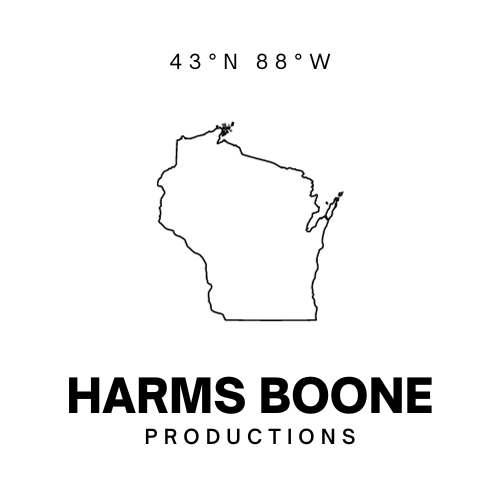Last week I started teaching as an adjunct professor in DU’s Electrical Engineering program. I’m teaching a course called Entrepreneurship in Engineering. My approach is to introduce my students to concepts and ideas from Science and Technology Studies, and some high level concepts of human centered design like usability, content, and accessibility. The goal is for the students to understand how a multi-directional approach to thinking about products, design, and technology are important when constructing a business, particularly one trying to make the status quo more judicious or democratic.
Last night we read an article that I loved in graduate school but might never ask my students to read again. The piece was, Paul David’s “Clio and the Economics of QWERTY.” I like it for a few reasons:
- It’s short, about 10 pages.
- The topic is familiar.
- It makes a pretty straightforward point.
These three things together are the makings of a good reading. Short means students can consume the whole thing and not need a whole afternoon to do it. The familiar topic — the standard “QWERTY” keyboard layout is a technology that’s been around about 150 years and doesn’t require any special knowledge to understand it. Even if you don’t own a computer with a keyboard, the layout is on most major phones touch keyboards, and because it’s a standard you’ll find it at public computer terminals at libraries, schools, and really anywhere you see computers. The final one, straightforwardness, was what made me love it in grad school. Paul David’s point is essentially: There were and are better technologies for keyboard layout but negative externalities stemming from a somewhat arbitrary choice made 150 years ago make it basically impossible to switch on a large scale.
Here’s why I might never teach it again.
At the beginning of class, I asked my students to each write one thing they didn’t understand on the board. A few of them wrote questions relating to reading’s argument: If Dvorak is 40% better, why don’t we switch? What does quasi-interrelatedness mean? But about half of my students wrote some of the strange turns of phrase and metaphors used in the piece. For example, “What is a Topsy and what does ‘it jes’ growed’ mean?”
The question comes from this line:
Rather like the proverbial Topsy, and much else in the history of economies besides, it “jes’ growed.”
I completely understand where my students were coming from. Why is the author spelling things wrong? Why is he using words that aren’t real? Is a Topsy a kind of keyboard? What’s proverbial about it and why are we interspersing proverbs into a discussion about the history of a computer keyboard anyway?
This line, and others similarly obscure, stood out to me as I was re-reading the article to prep for last night’s class. It turns out Topsy is a slave from Harriet Beecher Stowe’s Uncle Tom’s Cabin who said she didn’t think she had parents rather, “she just growed.” Reading around the context, I understood it the first time around; this time I started wondering whether I’d lose my students who got stuck trying to work out where this phrase came from and what it could possibly have to do with the history of keyboards, economics, or typewriters.
It turns out Milton Friedman was fond of this quote as well. There’s an argument to be made that The American Economic Review, who originally published this article in 1985, is meant to be read only by American economists. If the only people who will read your work are economists you can probably recognize an oblique reference to Milton Friedman. If only Americans will read your work, maybe they’ll recognize the reference to literature. Journals are written for their field but because they have a rhetorical purpose to advance of knowledge and scientific discovery, they should be written in a way that communicates the ideas, not the writers literary cleverness.
The ideas being introduced in an academic article are often difficult enough to grasp. Jargon and in-group speech will become dated, literary references will become more obscure as even the best of books compete for prominence. Rather than showing writing talent with this kind of flair, show it by making the content understandable and indicating to readers how they might read deeper if they’re moved to do so.
This is not a new idea, it’s simply one I’ve learned first hand. Writing for The Conversation, a Duke research scientist and Northwestern PhD wrote “if we’re not clear and engaging, then editors and the general public simply won’t read us.” They argue more academics should write publicly in order to improve their academic writing.
